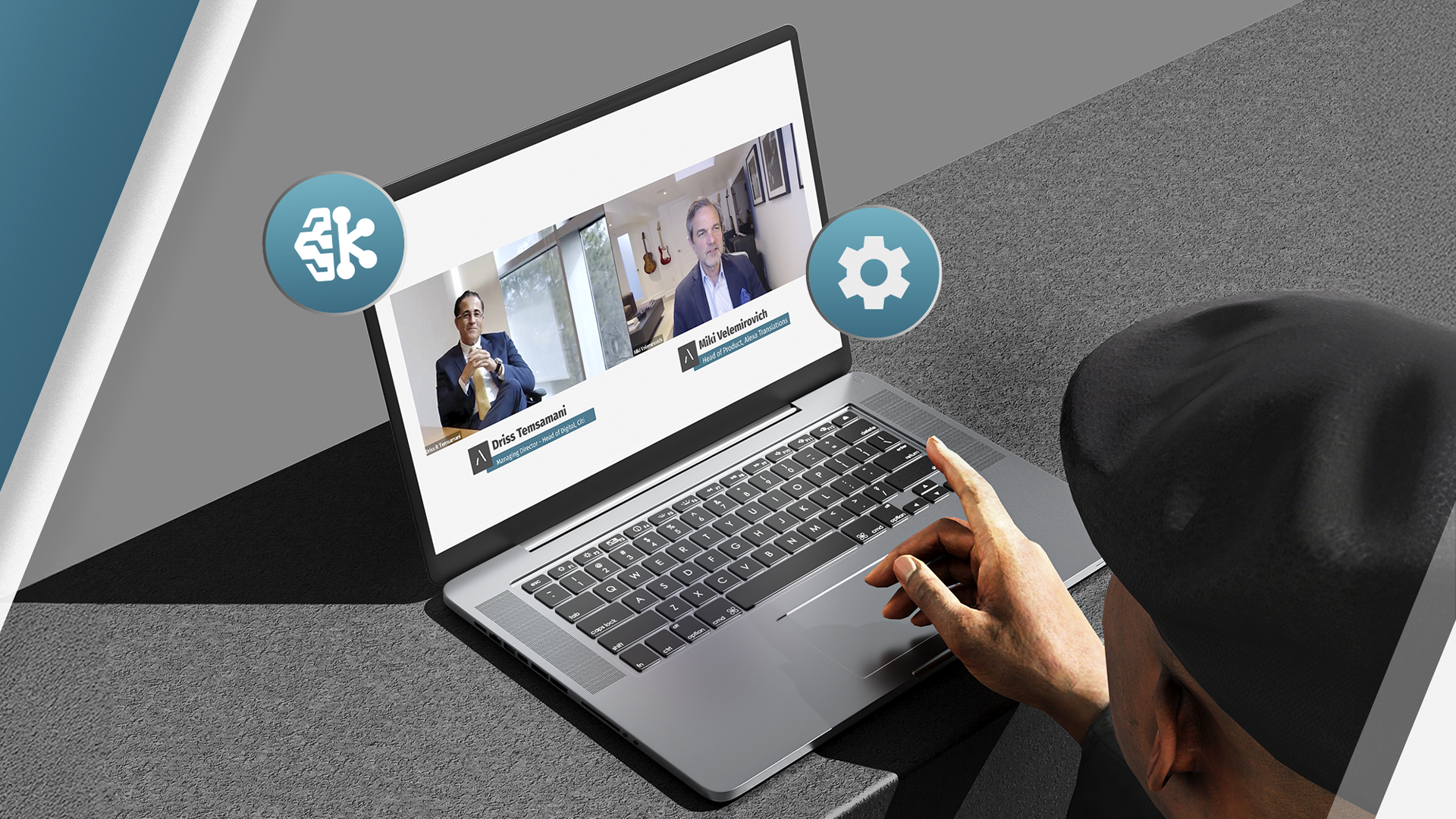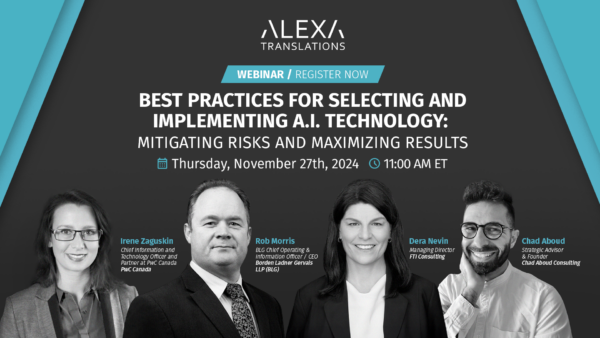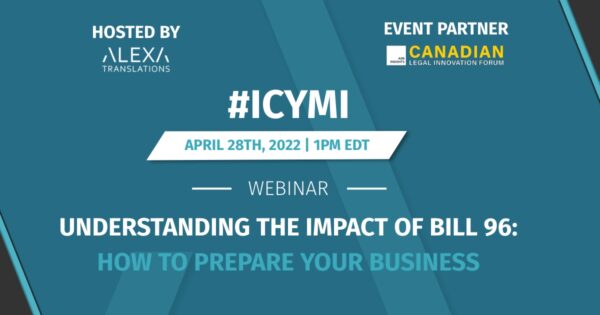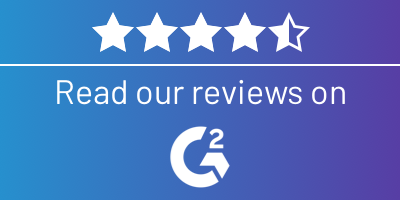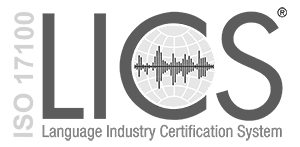A.I. is a game changer. No technological advancement in the last decade has promised to revolutionize the way we communicate and conduct business quite like it.
But how do we implement it correctly, especially in sectors such as healthcare, law, or finance, where the margin for error is zero?
This was the question explored in a recent fireside chat with Driss Temsamani, Managing Director and Head of Digital at Citi, and Miki Velemirovich, Head of Product at Alexa Translations AI.
If you missed the session or are looking for a quick summary, here are five key takeaways from the discussion:
1. Is A.I. The New Common Operating System?
In high-risk industries, A.I. is becoming foundational to how companies operate.
“A.I. is the OS. When you boot the institution, you boot up A.I.” - Driss Temsamani
This shift enables organizations to move beyond automating individual tasks and toward rethinking how entire systems function.
To illustrate, your phone has an operating system (software responsible for the overall functioning of the phone), and apps, (situational software responsible for one or two functions e.g. a clock, or a calculator).
Conventional wisdom surrounding A.I. software was to use it like an app. You break it out for a single situation, then close it until you need it again.
At the enterprise level, however, A.I. drives revenue by overseeing entire segments of operations, from governance and compliance to internal and external communications.
2. How Does A.I. Remain Accurate?
Generative A.I. has created new possibilities, but its usefulness in high-risk sectors depends on its ability to understand the context of the language it is presented with.
Without this context, even articulate responses can be dangerously misleading. Retrieval-Augmented Generation (RAG) addresses this by connecting A.I. to trusted internal data sources, such as sample legal documents or financial databases.
“Very quickly we realized [AI] was limited because it didn’t have context… When you ground it in your data, the answers become a lot more specific—and useful.” - Driss Temsamani
This context-first approach is essential when working with legal documents, regulatory filings, or sensitive financial data.
3. What Should I Know About Data?
Data is a limited resource. In a world where the best A.I. models are trained on vast quantities of data, it becomes a competitive differentiator. Organizations that treat data as a strategic asset are better positioned to implement A.I. safely and effectively.
“If data is a natural resource… is it something we protect, or something we share?”- Driss Temsamani,
Highly regulated industries prioritize ensuring data is secure, well-structured, and appropriately governed. This is particularly critical in global organizations where compliance and privacy standards vary by jurisdiction.
4. How Can I Balance Innovation and Security?
The successful adoption of A.I. depends on robust architecture and governance. This includes secure cloud environments, clear risk classification systems, and traceable models.
“It's going to take a sound architecture, which is trusted, regulated, that allows for scalability” - Driss Temsamani,
In regulated industries, A.I. implementations must meet the same standards as any mission-critical system. Security and compliance are the conditions that make innovation sustainable.
5. How can A.I. Empower Me Where it Matters Most?
One of the strongest themes in the discussion was that A.I. is a tool for empowering workers.
It reduces time spent on repetitive tasks and creates more space for strategic thinking, collaboration, and creativity.
“It’s about doing a day’s work in an hour—and spending the rest of the day thinking”- Driss Temsamani,
This mindset is essential for high-risk sectors, where trust, accuracy, and human oversight remain central to every decision. A.I. is here to stay, let’s make good, and responsible use of it.
If you would like to watch the full conversation between Driss Temsamani and Miki Velemirovich, the webinar recording is available here.
If you’d like to learn more about how A.I. can empower professionals in regulated industries, be sure to register for our upcoming webinar ‘Driving Growth: Business Development Strategies for Legal Professionals in a Competitive Market’.
